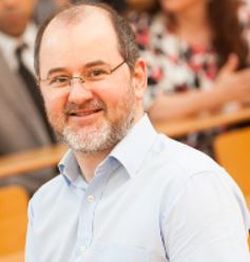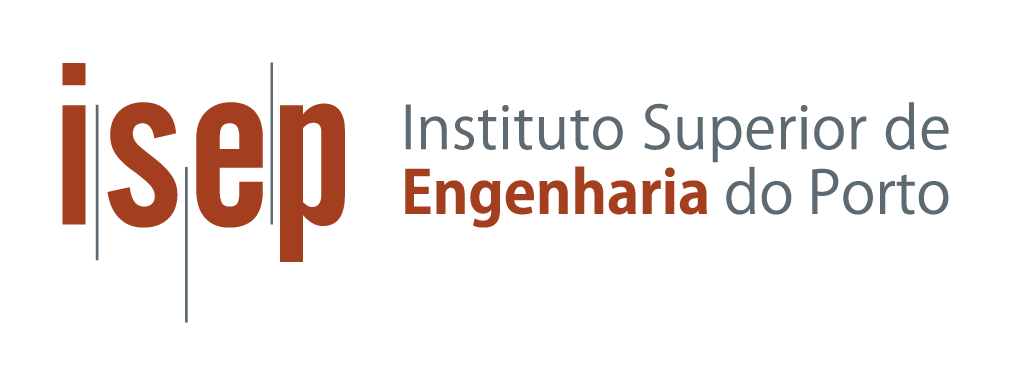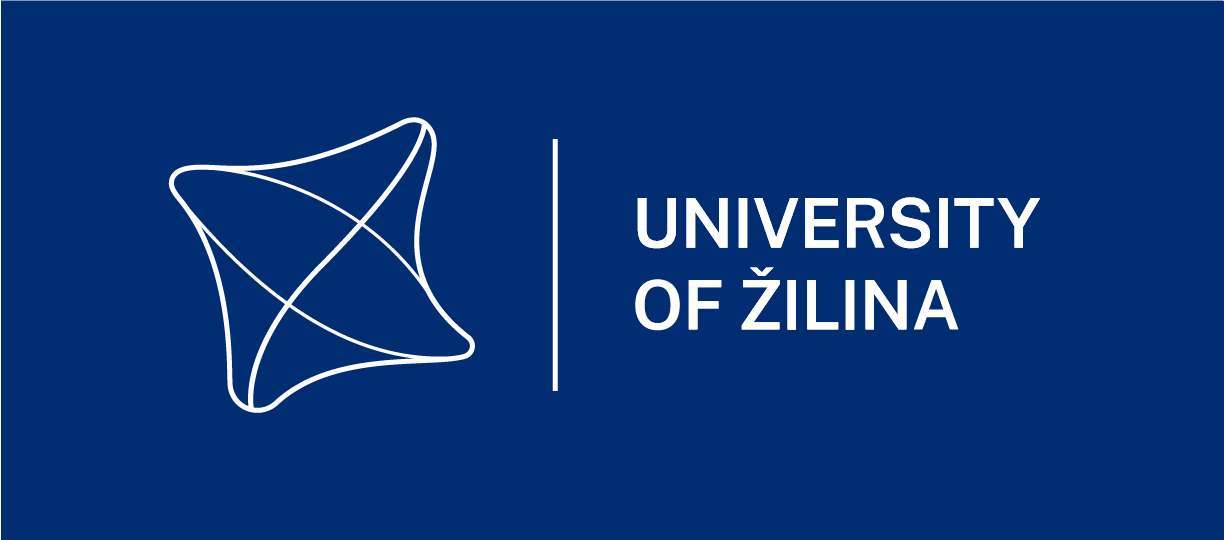Keynote
Reproducibility of Simulations and High Performance Computing
Abstract
One of the major criteria for the scientificity of a research study is reproducibility. In this talk we will present the main definitions around reproducibility. We will examine to what extent computer science and simulation works are concerned. We will give some examples of applications including parallel stochastic simulations, which are too often presented as non-reproducible. Anyone wishing to produce quality scientific work should pay attention to the numerical reproducibility of his simulation results. Significant differences can be observed in the results of simulations if the practitioner does not apply best practices. We will see that even for parallel stochastic simulations, it is possible to reproduce the same numerical results by implementing a rigorous method tested up to a billion threads. It is possible to check parallel results with their sequential counterpart before scaling, thus gaining confidence in the proposed simulation models. This conference will present best practices able to face even the silent errors impacting top supercomputers, including the Exascale machine arrived this year.
Curriculum Vitae
Prof. David Hill is doing his research at the French Centre for National Research (CNRS) in the LIMOS laboratory (UMR 6158). He earned his Ph.D. in 1993 and Research Director Habilitation in 2000 both from Blaise Pascal University and later became Vice President of this University (2008-2012). He is also past director of a French Regional Computing Center (CRRI) (2008-2010) and was appointed two times deputy director of the ISIMA Engineering Institute of Computer Science – part of Clermont Auvergne INP, #1 Technology Hub in Central France (2005-2007 ; 2018-2021). He is now Director of an international graduate track at Clermont Auvergne INP. Prof Hill has authored or co-authored more than 250 papers and has also published several scientific books. He recently supervised research at CERN in High Performance Computing.
Invited Speaker
CHOOM: a CHemical Object Oriented Model for Prediction of the Toxicity and Sustainability of New Molecules in Food and the Environment
Abstract
CHOOM is a new Artificial Intelligence (AI) model that offers novel deep dynamic knowledge for predicting the toxicity of molecules and their metabolism. It is based on our object-oriented model based on temporal fuzzy vector spaces (FVSOOM) to qualitatively and quantitatively assess the structure-activity relationship (QSAR) from its already known component molecules. The QSAR approaches advocated by the Organisation for Economic Co-operation and Development (OECD) are mainly based on top-down analytical research. CHOOM offers a systemic evaluation of the emergence of the properties of a new molecule based on the ascending inheritance of FVSOOM and thus an explanation of the causes of its toxicity at each level of its composition hierarchy from each atom to the whole molecule. CHOOM is an innovation AI tool for assessing the continuous flow of new molecules produced by human activity whose potential toxicity must be tested to avoid harmful issues to health and environment sustainability. The reproducibility of the model is based on chemical knowledge of invariant covalent bonds between atoms and previously stored experience of already known molecules.
Curriculum Vitae
Joël Colloc earned his M.D. at the medical faculty of Lyon and a specialty degree of forensic medicine with a degree of clinical toxicology. He received a MSc. degree of IT from the Business School of Lyon (IAE) and a MSc. degree of computer sciences from the engineering school INSA of Lyon. He served as forensic physician at the Edouard Herriot Hospital in the neurological emergency department to cure drug addicted people, medical ethics and developed drug and addiction database. He went on to earn his Ph.D. in computer sciences at the INSA of Lyon.
As Hospital assistant at the laboratory of medical computer science and he taught IT at the medical faculty. He was elected as associate professor in computer sciences at IAE of Lyon and he earned his accreditation to supervise researches in sciences at the Lyon 1 University. He is a Le Havre Normandy University professor in computer sciences since 2003.
His main research topics concern e-health and particularly: fuzzy vectorial spaces (FVS), multi-agent clinical decision support systems (MADSS) and knowledge bases, Case Based Reasoning, ontologies, nervous system modeling and cognitive sciences and AI applications in medicine and human sciences.
His human sciences researches try to conciliate the ethics of using Big Data in epidemiological studies, autonomous systems and robots and keeping ethics use of AI in order to improve clinical decision in medicine while preserving the patient-caregiver relationship, the privacy and the freewill choice of the patients.
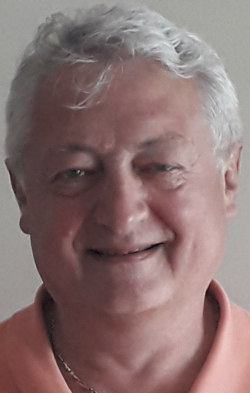
Université of Le Havre
Le Havre,France
Workshop Speaker
Modelling Energy Consumption in Industrial Processes with Consideration to Sustainability and Safety
Abstract
The aim of the proposed lecture is to learn how to develop and use energy consumption models for industrial processes, in order to select “safely” more sustainable operating conditions. An energy consumption model should be built such that, the energy use can be quantified under a range of processing conditions. To achieve that, the process can be modelled following a mechanistic modelling approach by applying industrial process design and first principles. The mechanistic energy consumption model can then be simulated under a range of processing conditions to identify operating conditions with minimum energy use. However, in reality, any alteration to the processing conditions may pose a risk to the smooth operation of the process. For example, in milk heat treatment, altering the processing conditions may lead to insufficient pasteurization, thus risking food safety. To quantify the risk, uncertainty analysis can be applied to the model following the Monte Carlo simulation method, where a slight variability is applied to the model inputs. Knowing the risk under different processing conditions can help the decision maker to decide on the best processing conditions that will reduce energy use and at the same time keep any associated risk low.
In summary, the proposed lecture will cover the following:
- The importance of modelling energy consumption in industrial processes
- Modelling steps to build mechanistic energy consumption models
- Model simulation to identify sustainable operating conditions
- Uncertainty Analysis using Monte Carlo simulation method
- Risk assessment of the identified sustainable processing conditions
- Discussion on Multi- Objective Decision Making: Energy vs Risk
This workshop lecture would be useful for researchers who aim to model systems following a mechanistic approach and who would also be interested in quantifying the risk of their process. Also, it could motivate other researchers to look into the energy aspect of their process, which is especially important in today’s energy crisis, where decarbonising is at the center of scientific and industrial interest.
Curriculum Vitae
Maria Ioanna Malliaroudaki is a Chemical Engineer graduated from the University of Patras (Greece) in 2019 with a Master of Engineering (MEng) diploma. Since October 2019, she is pursuing her PhD at the University of Nottingham (UK) in the Food, Water, Waste Research Group of the Chemical & Environmental Engineering department. In her research she is developing models that simulate and evaluate the energy use, carbon emissions and wider resource use in dairy manufacturing and distribution. Supply Chain Modelling, Process Modelling, Process Control and Optimization are her specific areas of interest, while she finds solving problems that concern environmental sustainability, especially motivating
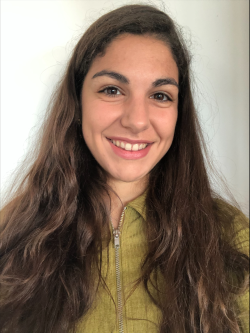
Food, Water, Waste Research Group
MSCA PROTECT-ITN
University of Nottingham
Nottingham, United Kingdom
